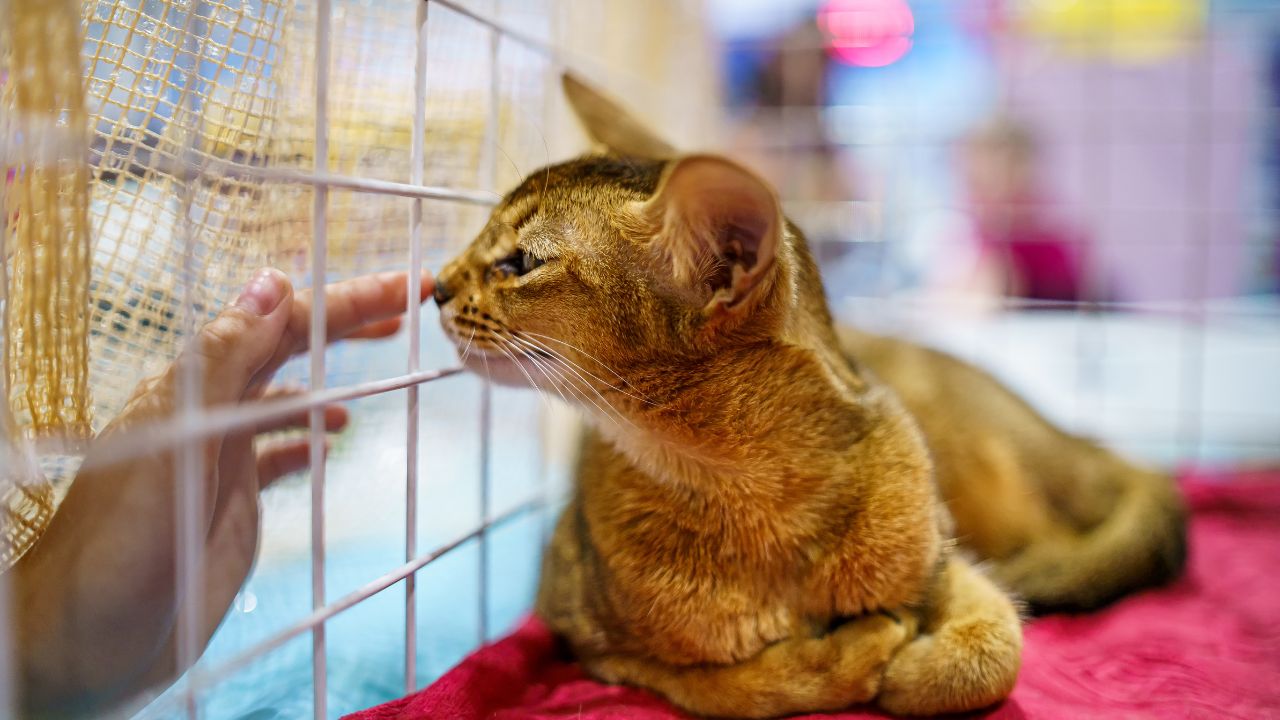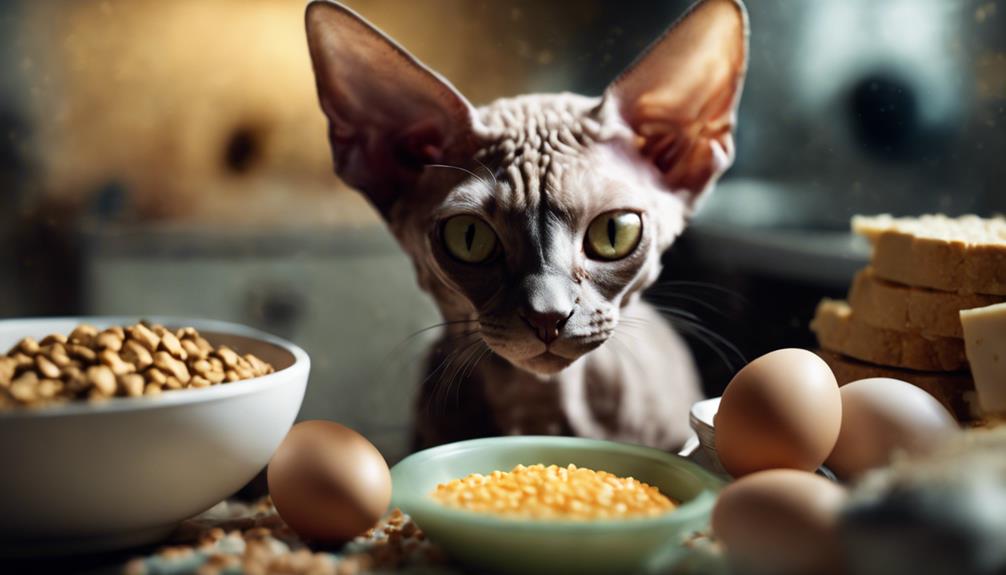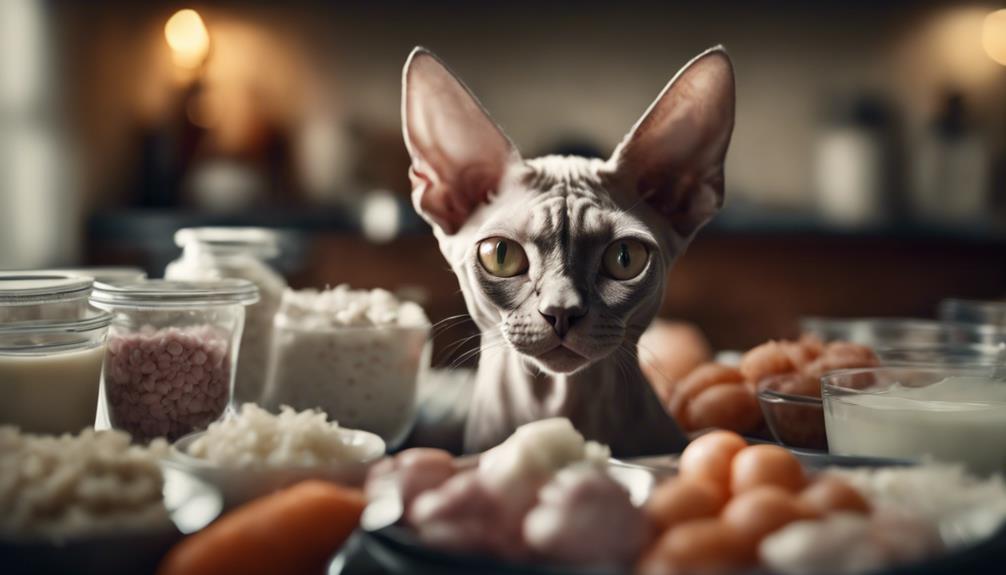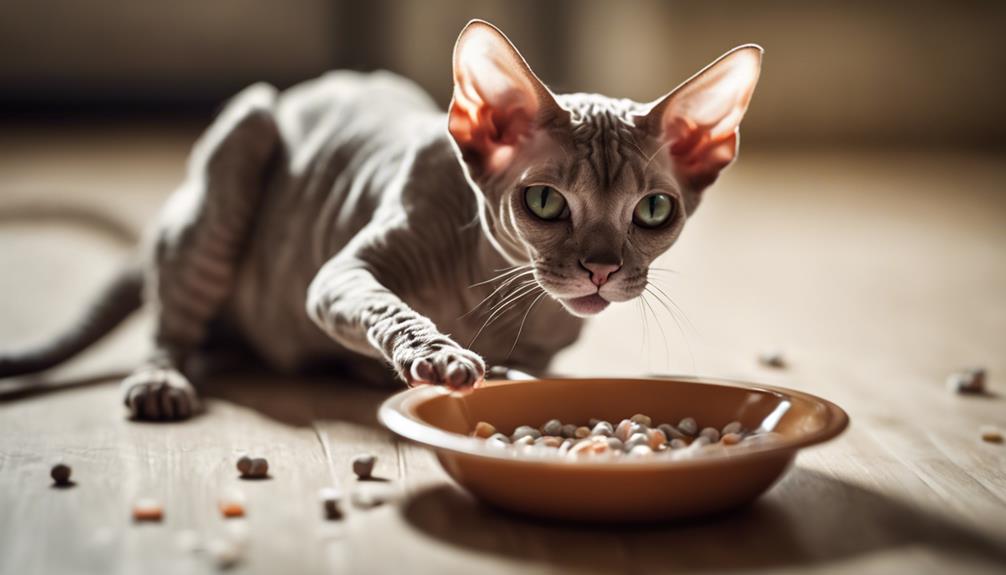As a cat lover, I’ve always wondered if Abyssinian cats can be indoor cats. These cats are known for their active and playful personalities, and many people assume that they need to be outdoors to thrive. However, after doing some research and speaking with experts, I’ve learned that Abyssinian cats can indeed be indoor cats.
While it’s true that these cats love to climb and explore, they can still get plenty of exercise and stimulation indoors. Providing them with toys, scratching posts, and high surfaces to climb on can help keep them entertained and active. Additionally, spending time playing with your Abyssinian cat can help strengthen your bond and provide them with the attention they crave.
Of course, like any cat, Abyssinians can develop behavioral issues if they don’t get enough stimulation or exercise. It’s important to provide them with a safe and spacious indoor environment and to make sure they have access to plenty of toys and activities. With the right care and attention, an Abyssinian cat can be a happy and healthy indoor pet.
Understanding Abyssinian Cats
A Brief History of Abyssinian Cats
As an Abyssinian cat owner, I can attest to their unique and fascinating personalities. But did you know that these cats also have a rich history dating back to ancient times?
According to Wikipedia, the breed is believed to have originated in Ethiopia, formerly known as Abyssinia, and was brought to Europe in the 19th century. They quickly gained popularity for their exotic looks and playful nature.
Physical Characteristics of Abyssinian Cats
One of the most striking features of Abyssinian cats is their ticked coat, which gives them a wildcat appearance. According to The Spruce Pets, their coats come in several colors, including ruddy, red, blue, and fawn. They have large, expressive eyes that are typically green or gold in color.
They are highly active and love to climb, jump, and play. According to Spraying Cats, they are well-suited for indoor living as long as they have plenty of toys and opportunities to exercise. They also do well in multi-cat households due to their social nature.
Can Abyssinian Cats Be Indoor Cats?
As an Abyssinian cat owner, I understand the importance of providing a safe and comfortable environment for my pet. One of the most common questions I get asked is whether Abyssinian cats can be kept indoors. In this section, I will explore the benefits and potential challenges of keeping Abyssinian cats indoors.
Benefits of Keeping Abyssinian Cats Indoors
There are several benefits to keeping Abyssinian cats indoors, including:
- Reduced risk of accidents and injuries from outdoor hazards such as traffic, predators, and diseases.
- Protection from extreme weather conditions such as heatwaves, storms, and cold snaps.
- Lower likelihood of getting lost or stolen.
- Reduced exposure to parasites such as fleas, ticks, and worms.
- More control over their diet and nutrition.
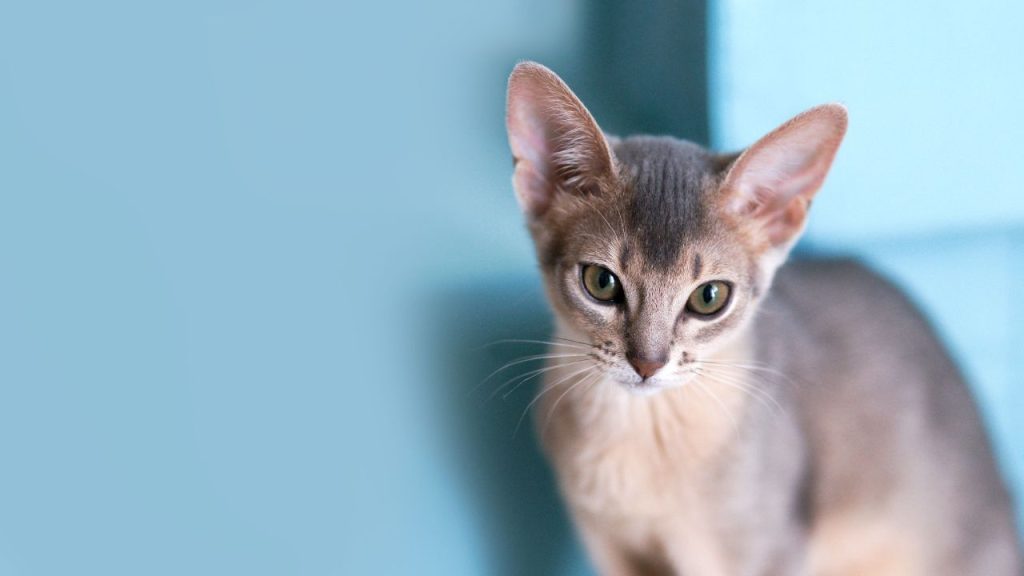
Potential Challenges of Keeping Abyssinian Cats Indoors
While keeping Abyssinian cats indoors can provide many benefits, there are also some potential challenges to consider:
- Boredom and lack of stimulation can lead to destructive behavior such as scratching, chewing, and clawing.
- Limited space and exercise opportunities can lead to obesity, muscle atrophy, and other health problems.
- Lack of socialization and interaction with other cats and humans can lead to anxiety, depression, and other behavioral issues.
- Increased risk of litter box problems such as urinary tract infections, constipation, and litter box aversion.
Overall, while keeping Abyssinian cats indoors can provide many benefits, it is important to provide them with plenty of mental and physical stimulation, socialization, and a safe and comfortable environment. By doing so, you can help ensure that your Abyssinian cat remains healthy, happy, and content.
Tips for Keeping Abyssinian Cats Indoors
Creating a Safe and Stimulating Indoor Environment
As an Abyssinian cat owner, I know the importance of creating a safe and stimulating indoor environment for my furry friend. To ensure their safety, I make sure to remove any hazardous items from their reaches such as toxic plants, sharp objects, and electrical cords.
I also provide them with a cozy bed and scratching post to keep them comfortable and entertained. To stimulate their natural curiosity, I offer various toys and puzzles that encourage them to play and explore. I also make sure to rotate their toys regularly to prevent boredom and keep them engaged.
Providing Adequate Exercise and Mental Stimulation
I make sure to set aside time each day for playtime and interactive activities such as fetch, laser pointers, and puzzle toys.
I also provide them with plenty of vertical space such as cat trees and shelves to climb and explore. This not only provides them with exercise but also mental stimulation as they navigate their environment.
Feeding and Grooming Your Abyssinian Cat
Feeding and grooming are essential aspects of keeping your Abyssinian cat healthy and happy. I make sure to provide them with a balanced diet that meets their nutritional needs and avoid overfeeding to prevent obesity.
Grooming is also important to maintain their short, dense coat. I brush them weekly with a soft bristle brush to remove loose hair and prevent matting. I also check their ears regularly for dirt and debris and clean them with a soft, cotton cloth.
Overall, keeping an Abyssinian cat indoors requires a combination of safety, stimulation, exercise, and grooming. By providing them with a comfortable and engaging environment, you can ensure that your furry friend is happy and healthy.
Top Takeaways
After researching and considering the various factors involved, I have come to the following conclusions regarding Abyssinian cats as indoor pets:
- Abyssinian cats are capable of thriving indoors as long as they are provided with a safe and spacious environment that allows for exercise and stimulation.
- Indoor Abyssinian cats should be provided with plenty of toys, scratching posts, and climbing structures to satisfy their active and curious nature.
- It is important to provide indoor Abyssinian cats with regular playtime and interaction with their owners to prevent boredom and behavioral issues.
- Indoor Abyssinian cats should be provided with a balanced and nutritious diet to maintain their health and energy levels.
- Regular veterinary check-ups and preventative care are important for indoor Abyssinian cats to ensure their ongoing health and well-being.
In conclusion, while Abyssinian cats are known for their active and adventurous nature, they are capable of thriving as indoor pets as long as their needs for exercise, stimulation, and interaction are met. With proper care and attention, indoor Abyssinian cats can lead happy and healthy lives.

